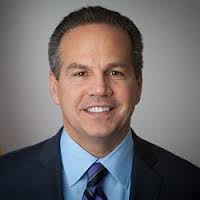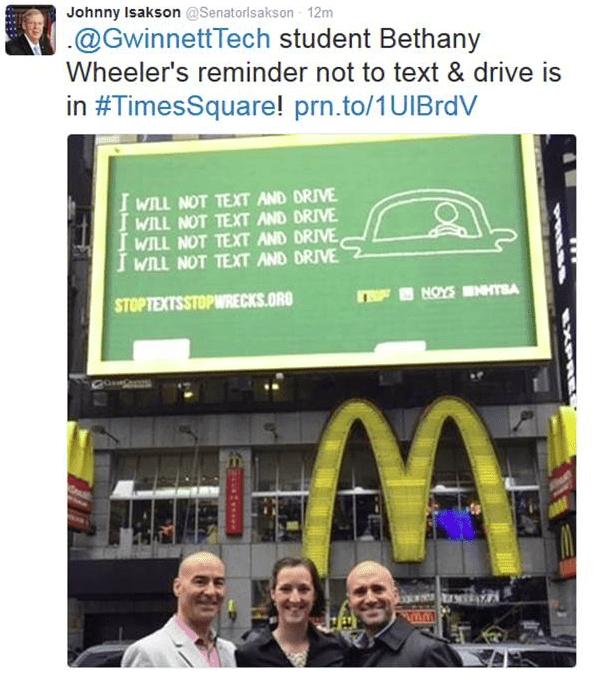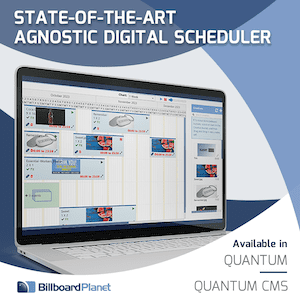
A congressman from Rhode Island is circulating a letter to colleagues, asking federal regulators to overturn their 2007 Guidance to the states regarding control of digital billboards. US Rep. David N. Cicilline (D-RI) is making these points in his pitch to other members of Congress, asking them to sign a complaint letter to Transportation Secretary Anthony Foxx:
- FHWA’s 2007 Guidance reversed longstanding policy to oppose digital billboards
- Digital billboards compromise traffic safety
- Federal regulators should overturn their 2007 Guidance
These arguments closely mirror Scenic America’s claims filed in pending litigation (Scenic America vs. Foxx et al).
Background
In 2013, Scenic America challenged FHWA’s 2007 Guidance in federal court. In 2014, US District Court Judge James E. Boasberg dismissed all three of Scenic’s claims (the federal Guidance violated procedure, Federal State Agreements, and federal law). See Daily DOOH, Courthouse News Service and Campaign and Elections summaries of Boasberg’s 2014 dismissal.
On September 25, 2015, a three-judge panel of the US Circuit Court of Appeals for the District of Columbia heard oral arguments. The appeals court has not yet ruled. Appellate litigators from the US Department of Justice represented FHWA and US-DOT, as defendants. OAAA intervened to represent the out of home industry as co-defendants.
FHWA’s actions
In 1996, FHWA issued a memo that said billboard copy could be changed by any technology, noting the prohibition against flashing or intermittent lights.
The 2007 federal Guidance said digital billboards do not violate the ban on intermittent light as that term is used in Federal State Agreements. By 2007, some 30 states had taken steps to regulate digital billboards via laws, rules, or policies.
Federal research released December 30, 2012, said digital billboards are not distracting. A broad range of government agencies use digital billboards on behalf of public safety.
Benefits of Digital Signs to Federal Agencies
Insider thinks Representative Cicilline needs to pay closer attention to what some other members of Congress and some federal agencies say about the benefits of digital billboards.
On June 10, US Sen. Johnny Isakson (R-GA) shared on social media that a constituent won a contest to post a safety message on digital billboards in conjunction with the National Highway Traffic Safety Administration.

Senator Roy Blunt of Missouri:
Now this tactic–to feature a tip line number on billboards along with a suspect’s photo–is a common tool for law enforcement. In 2007 in Philadelphia, the FBI starting using donated electronic “digital” billboards to help find fugitives. The FBI calls these high-tech signs “force multipliers.” Tips generated by digital billboards have resolved 53 FBI cases. State and local police also rely on billboards to communicate with the public.
Congressman John J. “Jimmy” Duncan of Tennessee:
I applaud these federal law enforcement agencies for innovative use of technology to empower the public to help protect our safety. I’ll always remember those thumbnail pictures of the “most wanted” at the Post Office. But now I’ll also be looking for fugitives’ photos on 14- by 48-foot digital billboards.
Congressman Jerry Moran of Kansas, now a senator:
Police in Kansas say billboards are an asset to public safety. The FBI is using donated high-tech digital billboards coast to coast, even in Times Square. U.S. Marshals report dramatic results.
Homeland Security Secretary Michael Chertoff:
Digital billboards have been effective in supplementing existing emergency-information systems.
Case Study Posted on FEMA’s Website:
Digital technology enables quick delivery of emergency messages via high-tech billboards. Public-private partnerships harness these high-tech signs to inform the public about weather warnings, evacuation routes, and safety-related information.
FBI Supervisory Special Agent Bret Hovington:
What it means for the FBI: it now takes our investigation and adds that sixth man. The sixth man in basketball is very important and most of the time it’s the audience. In a situation like this it lends eyes and ears to our investigations because it provides additional information that we just may not be able to run across in our day-to-day operation.
















